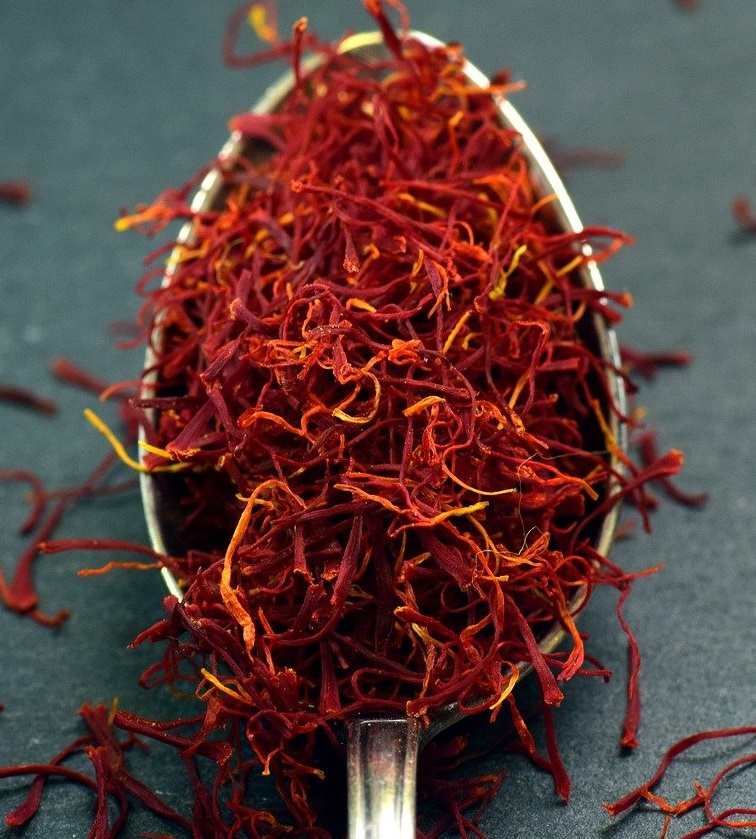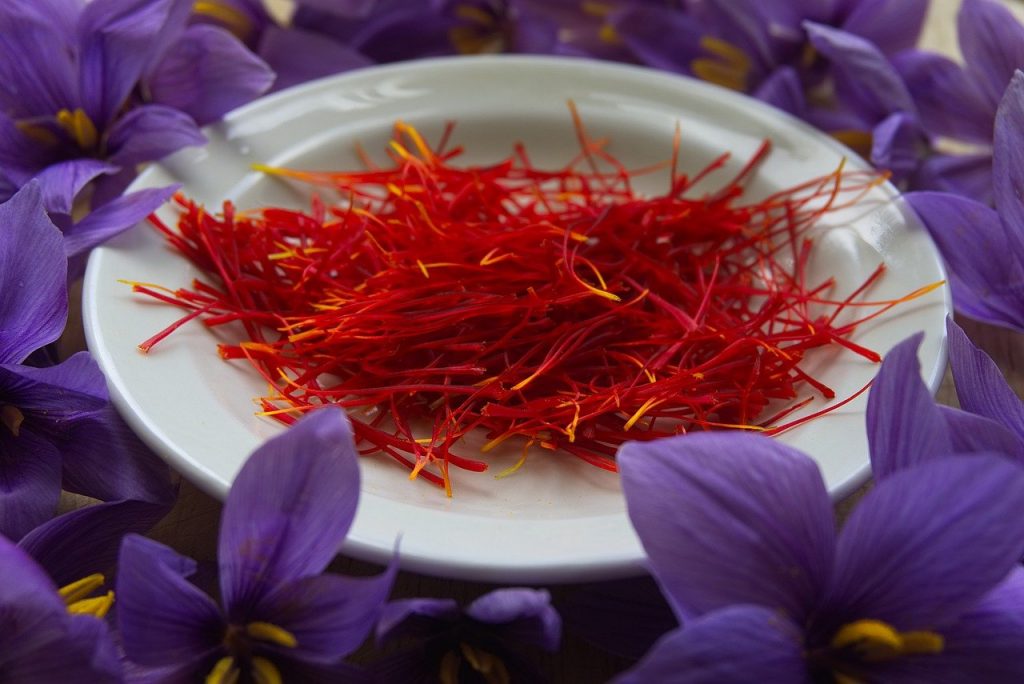
Turmeric and black pepper, two common spices found in almost every kitchen, are more than just flavor enhancers. When combined, they form a powerful duo with numerous health benefits. This post will delve into the benefits of these two spices, individually and in combination, and answer some of the most frequently asked questions about them.
The Magic of Turmeric and Black Pepper
Turmeric, a golden spice, is known for its anti-inflammatory and antioxidant properties. Black pepper, on the other hand, is renowned for its potential to enhance digestion, regulate nerve signals, and control obesity. But the magic happens when these two are combined. The active ingredient in turmeric, curcumin, is not easily absorbed by the body. However, the presence of black pepper can increase curcumin absorption, making the benefits of turmeric more potent.
Benefits of Turmeric and Black Pepper
1. Weight Loss
Many people use turmeric and black pepper for weight loss. This powerful combination can boost fat-burning and prevent weight gain. According to one in vitro study, curcumin could help block the growth of fat cells, reducing obesity. Moreover, black pepper contains a compound called piperine, which is known to interfere with the formation of new fat cells, further aiding in weight loss.
2. Anti-Inflammatory and Antioxidant Properties
Both turmeric and black pepper have anti-inflammatory and antioxidant properties. These properties can help fight various diseases and boost overall health. Curcumin in turmeric is a potent anti-inflammatory agent that can reduce symptoms in conditions like arthritis. On the other hand, piperine in black pepper can enhance the absorption of other nutrients, including the antioxidants found in food.
3. Enhanced Digestion
Black pepper is known to enhance digestion. When combined with turmeric, it can help in better absorption of nutrients. Piperine in black pepper stimulates the stomach to produce more hydrochloric acid, which helps in the digestion of proteins in food, preventing diseases like colitis and stomach ulcers.
4. Regulates Nerve Signals
Black pepper is known to regulate nerve signals, and when combined with turmeric, it can help in managing various neurological disorders. Curcumin in turmeric is known to cross the blood-brain barrier and has shown promise in treating symptoms of Alzheimer’s and depression.
5. Fights Cancer
Some studies suggest that the combination of turmeric and black pepper can help in fighting cancer. Curcumin has been shown to kill cancer cells and prevent more from growing. It has the best effects on breast cancer, bowel cancer, stomach cancer, and skin cancer cells. Piperine, on the other hand, can increase the bioavailability of curcumin by up to 2,000%, enhancing its potential anti-cancer effects.
How to Use Turmeric and Black Pepper
You can use turmeric and black pepper in various ways. They can be added to your food while cooking, or you can consume them as a supplement. However, it is always best to consult with a healthcare professional before starting any new supplement regimen. You can also make a turmeric and black pepper tea or use them in your smoothies.
Recipe Ideas with Turmeric and Black Pepper
Incorporating turmeric and black pepper into your diet can be as simple as adding a pinch of each to your meals. However, if you’re looking for more creative ways to enjoy these spices, here are some delicious and healthy recipe ideas:
1. Turmeric and Black Pepper Tea
A warm cup of turmeric and black pepper tea can be a comforting and health-boosting beverage. Here’s how you can make it:
Ingredients:
- 1 cup of water
- 1/2 teaspoon of turmeric powder
- 1/4 teaspoon of black pepper
- Honey or lemon to taste
Instructions:
- Boil the water in a pot.
- Add the turmeric and black pepper and let it simmer for about 10 minutes.
- Strain the tea into a cup, add honey or lemon to taste, and enjoy!
2. Turmeric and Black Pepper Smoothie
For a refreshing and nutritious drink, try this turmeric and black pepper smoothie:
Ingredients:
- 1 banana
- 1 cup of almond milk
- 1/2 teaspoon of turmeric powder
- 1/4 teaspoon of black pepper
- A handful of spinach
- A small piece of fresh ginger
Instructions:
- Put all the ingredients in a blender.
- Blend until smooth.
- Pour into a glass and enjoy this nutrient-packed smoothie.
3. Turmeric and Black Pepper Mocktail
This mocktail is not only delicious but also packed with health benefits:
Ingredients:
- 1 cup of pineapple juice
- 1/2 teaspoon of turmeric powder
- 1/4 teaspoon of black pepper
- Juice of one lime
- A few mint leaves
- Ice cubes
Instructions:
- In a glass, mix the pineapple juice, turmeric powder, black pepper, and lime juice.
- Add the mint leaves and ice cubes.
- Stir well and enjoy this refreshing mocktail.
Remember, the key to unlocking the full potential of turmeric is to combine it with black pepper. So, don’t forget to add a pinch of black pepper to these recipes!
Side Effects of Turmeric and Black Pepper
While turmeric and black pepper are generally safe for consumption, they may cause some side effects in some people. These may include stomach upset, nausea, dizziness, or diarrhea. If you experience any of these side effects, it is recommended to stop using these spices and consult a healthcare professional.
It’s important to note that while consuming these spices in their natural form as part of a balanced diet is generally considered safe, taking them in supplement form can have different implications. Supplements often contain higher concentrations of the active compounds, which can lead to more pronounced side effects. Always consult with a healthcare professional before starting any supplement regimen.
Conclusion
Turmeric and black pepper, when combined, offer numerous health benefits. From weight loss to fighting cancer, this powerful duo is a must-have in your kitchen. However, it is important to use them in moderation and consult with a healthcare professional if you plan to use them as a supplement. Remember, while these spices offer numerous health benefits, they are not a substitute for a balanced diet and regular exercise.
Blog Tags: Turmeric, Black Pepper, Health Benefits, Weight Loss, Anti-Inflammatory, Antioxidant, Digestion, Nerve Signals, Cancer, Side Effects.















